When the academy wants you to be Black
... For quotas and funding -- but Sis, PLEASE don’t be Black (and loud) when it matters.
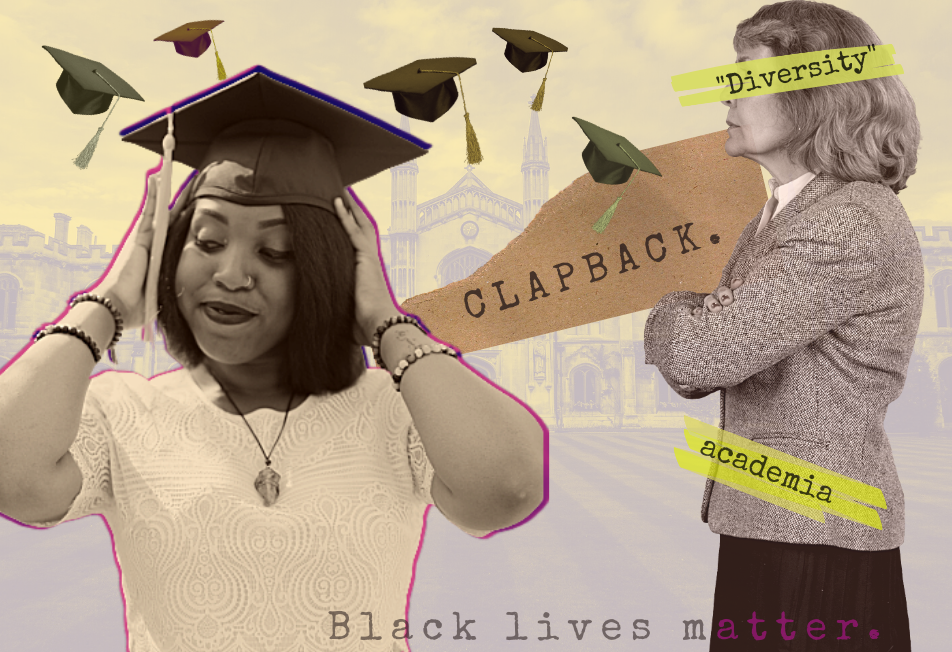
... For quotas and funding -- but Sis, PLEASE don’t be Black (and loud) when it matters.

PHOTO EDITED BY WE REP STEM.
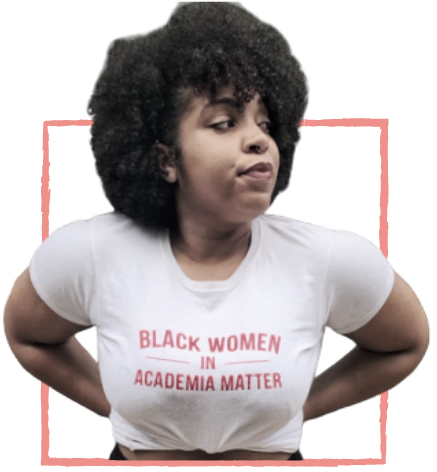
This is a guest piece by Lauren Edwards: Black • Woman (she/her) • Neuroscientist • Gather of My Sistah’s Pieces
She, draped in all her privilege, told me that as nice as my community service efforts in the Black community were, these efforts were not why I was in graduate school. It was highly suggested that I “establish priorities for my time and efforts, especially with my aggressive timeline to graduate.”
It should be noted my goal to complete my PhD in neuroscience was 4.5 years, with the built-in flexibility for an extension to 5 years if necessary. Throughout my 3 years working under my primary academic advisor, my ‘priorities’ were a common battle for us.
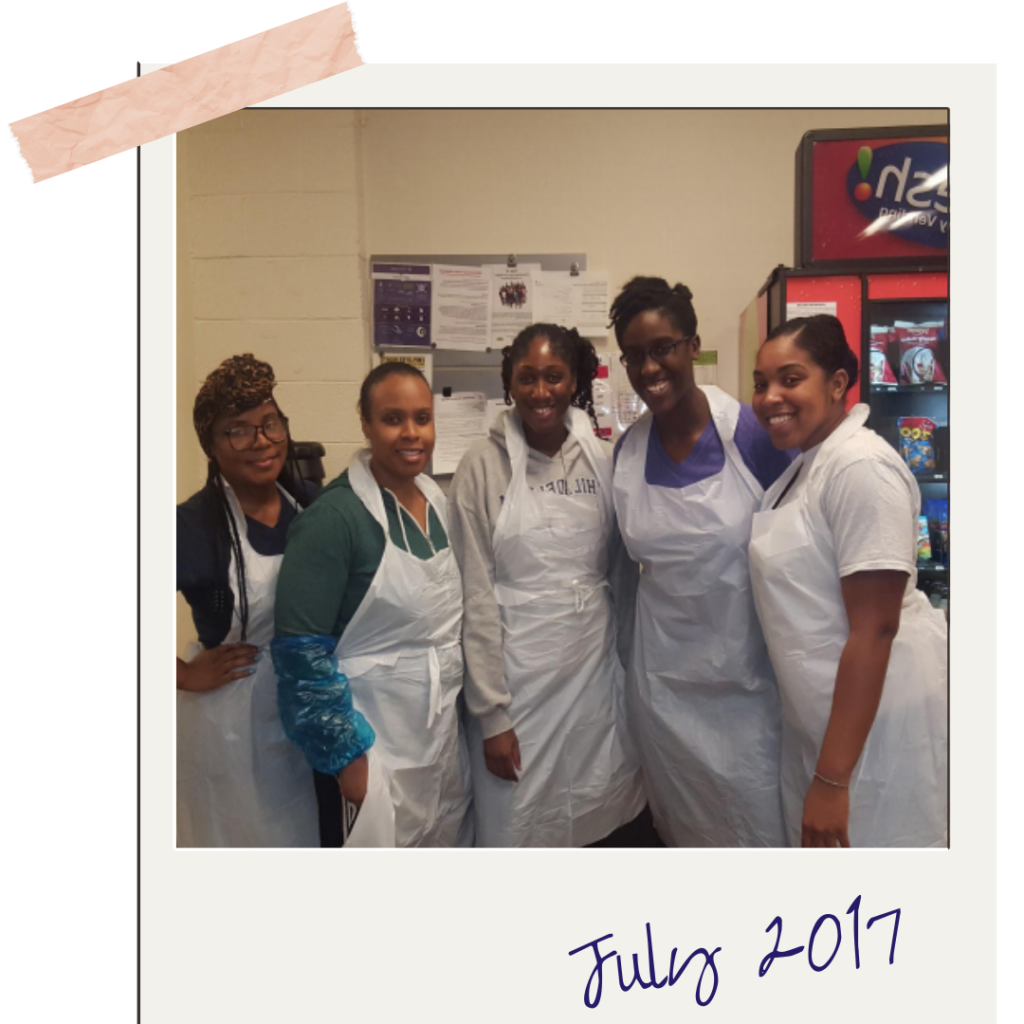
At the time, I was vice president of the Black Graduate Student Association and through that role, served as the co-organizer of a mentoring partnership with the Women Resource Center to End Domestic Violence. We formed a support group called “We are Black and Brown Excellence” for the middle school students who were involved in the center. Our mission was to foster positive relationships with adolescents facing transitions through mentorship activities promoting pro-social skills development and resiliency, while providing academic and career support to students. That same year, I was chosen as a Yale Ciencia Academy 2018 Fellow and part of my requirements included a social outreach project.
A significant reason I applied to the Yale Ciencia Academy was so my advisor would see academic validation for the community work I was doing. In this instance, it would be built into an NIH-funded program that would carry more weight in her eyes than my simple declaration that it was something I need to do.
I should not and will not explain to you why our work for our people is important, how it is valuable, and how it deserves immense recognition and respect in our academic endeavors.
My fellowship only lasted a year and as my community work and activism shifted gears, I began hiding and down-playing my activities. At one point my advisor called me distracted and I swore I’d never give her ammunition to call me that again.
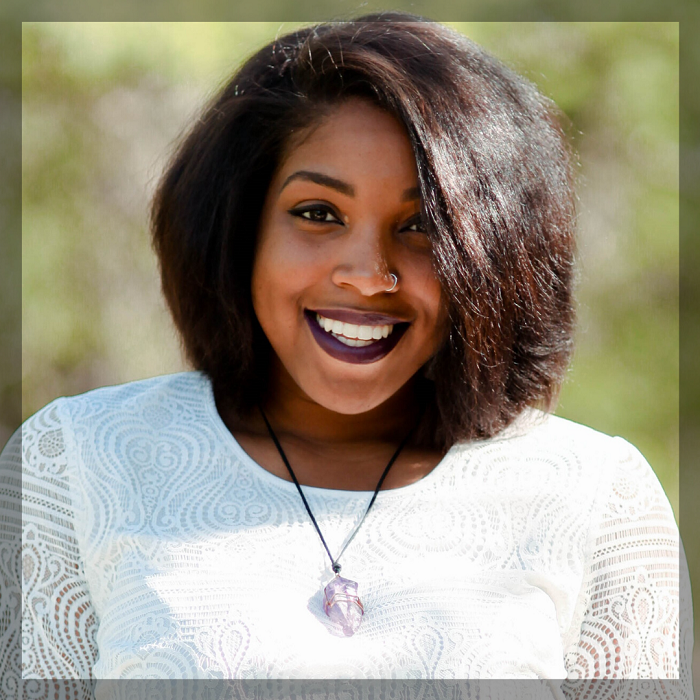
I fell victim to her gaslighting and instead, took on the burden of doing all my community service activities during my limited free time while pulling 50+ hours of being exploited into running an understaffed lab. I sacrificed myself and my sanity to accomplish my work goals and my personal goals.
In these times, she was not accepting of the core values that meant the most to me as a Black woman. However, there were times that my being Black was useful for her.
She wanted me to be Black when it came time to apply for diversity supplements, diversity fellowships, and other funding opportunities that gave “special consideration for underrepresented minorities.”

She wanted me to be Black when it came time for her to list my accomplishments, including the several awards I received highlighting that same community-based service work in the Black community I was told to re-prioritize.
She wanted me to be Black when it came time to recruit Black participants and patients into her research study. She said “they felt more comfortable seeing me” and were therefore more likely to join our research study. My existence was used as a prop, a tool for convenience to convince burdened hospital patients to take on another burden with our cumbersome research project.
As problematic as that was in and of itself, honestly, I felt more comfortable with them seeing my face as well.
I remember having conversations with Black participants about the prior atrocities research committed against black bodies — ranging from the widely known Tuskegee Syphilis Experiment, but also some lesser known atrocities such as John Hopkins lead exposure experiments and many more detailing the exploitation of Black bodies for scientific and medical advancements.
I reassured our Black participants of their rights; told them I stood with them and would make it my personal duty to see them through this process uncompromised and whole. Scientist or not, we all we got and I never forgot that.
The current aftermath of the murder of George Floyd, at the hands of the MPD officers Derek Chauvin, Thomas Lane, J. Alexander Kueng, and Tou Thao, has reignited the rallying cry of “I Can’t Breathe.” If you are true to the movement and not new to it, you would know George Floyd is not the first Black man who could not breathe. We had a similar situation in 2014 when Eric Garner was murdered by NYPD officer Daniel Pantaleo. Back then, in solidarity I donned my “I Can’t Breathe” t-shirt in the research lab at my predominantly white undergraduate institution. I will never forget how my advisor at the time, another white woman in all her ignorant glory, saw my shirt and laughed while saying “can someone get this girl some air.” She thought she made a funny. It is not a joke that my shirt is still in rotation, nor how the latest victim to come to our national attention, Manuel Ellis, also could not breathe.
The issue is, my experiences are more of the rule, instead of the exception, in the academy.
I know intimately how in the academy, it is useful to be Black when it benefits optics and status quos. My circumstances are not unique. I have found Black colleagues and scientists everywhere I go, and it has routinely broken my heart how similar our stories are.
We all know of the diversity initiatives that consist of one Black professor surrounded by 3-4 white professors who constantly center themselves in discussions and decision-making that is not useful for the Black and Brown students they supposedly support.
We see the funding opportunities geared towards increasing diversity in STEM programs that ultimately come down to a white man deciding our worth, as if he has any skin in the game or authority on diverse matters. Even in spaces meant and designed for us, there is a pervasive shadow of whiteness pulling the strings, which is a problem in itself.
Similarly, I have witnessed the <10% Black faculty at an institution be stretched thin with trying to show up for their Black students, and serve the outstanding number of ineffective diversity initiatives, while having to wage war against the systematic and systemic discriminations they routinely face and maintain the necessary academic rigor for career advancement.
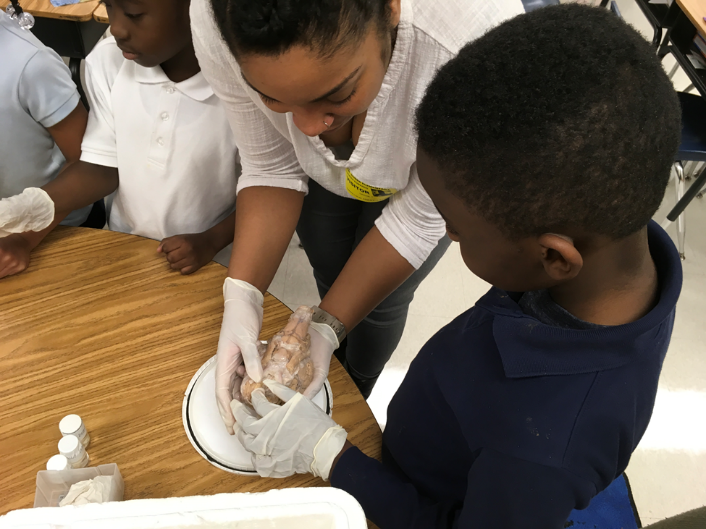
Our existence in the academy consists of a litany of microaggressions on tolerable days, and too many macro-aggressions on harder days. We know discomfort and uneasiness all too well. If you needed examples of such, just search #BlackIntheIvory or #BlackAFinSTEM on Twitter to see detailed personal accounts of what we face day in and day out.
The issue with academia and its expectations of Black students and faculty is that our Black-centered efforts are too often minimized to be no more than extracurricular activities. Our community service and activism are not given the legitimacy to be worth our time when we could be making ‘more credible efforts’ towards our academic careers. When our research is more centered on topics that matter and impact our communities, we are less likely to get funding. The issue is that the academy does not see us for who we are; just what we can bring to the table only when we are sent to join said table. In times such as this, Black Matters are a nuisance.
These topics can be equated with social suicide if one says the wrong thing at the right time and it is now when we are most glaringly aware that our Black personhood is a problem for the academy. The academy becomes silent and when pressured to declare support, they turn to performative optics citing their commitment to diversity without deliverable actions to make it just and equitable. Without true appreciation for the disparity that is our daily lives. Without the call to actually ask us how we are doing, how we are feeling, and what we need from them.
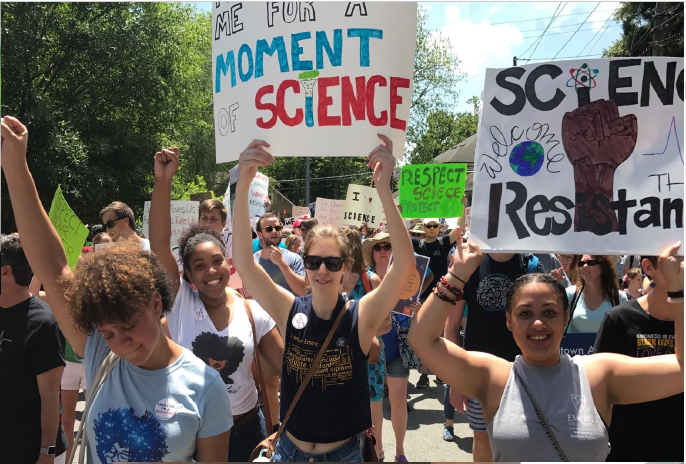
Shutting Down Academia is a nice gesture; but this is not atonement for all the inequities and injustices perpetuated by the academy, past or present.
To the academy, where is your apology? Where is your acknowledgement of wrongdoing? Where is your regret for not releasing these declarations of support every day of every year since you were founded, when this country and your systems have constantly been telling us with words AND actions that Black Lives Don’t Matter?
If your Black students, faculty, staff, colleagues, and workers are not holistically supported, if we cannot show up as ourselves without aggressions, without degradation, without being forced to choose between who we are and what we do, then you are not worthy to share in our mantra of “Black Lives Matter.”
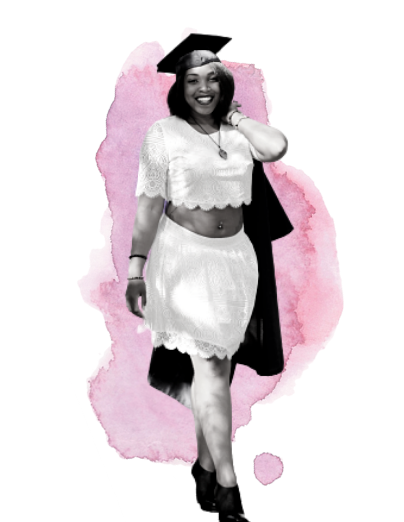
As for me, I do not have a doctoral degree and I will never have one. After 4 successful years of graduate school, I had to walk away in the name of self-preservation. Thanks to my therapist (one of the many Black women who consistently saves my life), I am now okay with my decision. Despite walking away from my PhD program, I am continuing to pursue my career aspirations of becoming a physician-scientist and am currently applying to begin medical school Fall 2021.
My advisor told me that I needed to prioritize what mattered most; so I did. I left my doctoral program and am now the Director of 500 Women Scientists’ Fellowship for the Future aimed at amplifying and recognizing women of color working towards a more just and equitable future in science. This Fellowship was developed by women of color, for women of color, and our fellows will be given the community, support, and love that so many of us are unable to find in the academy.
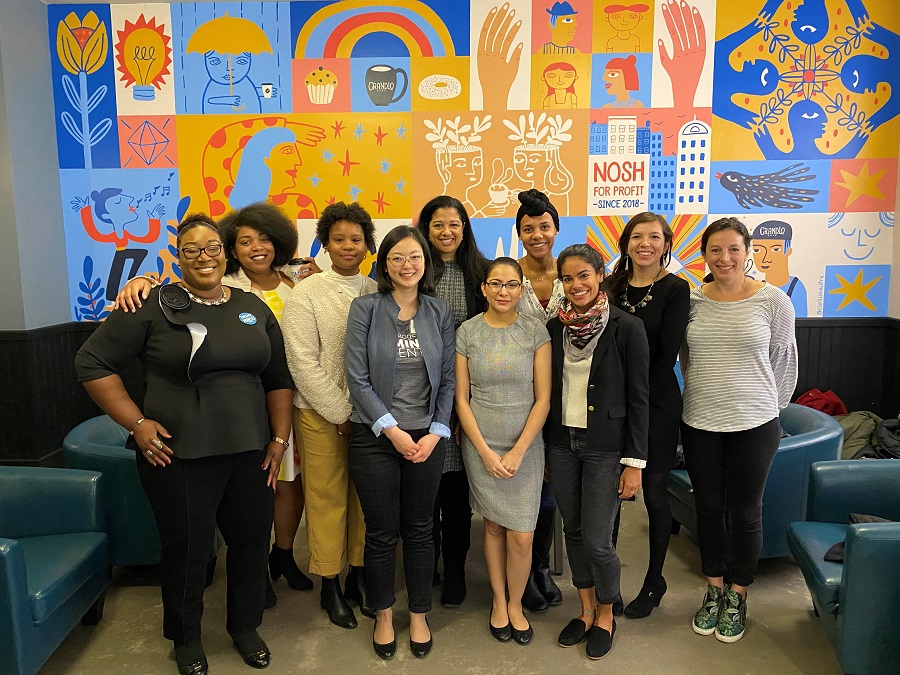
UPDATE (June 14, 2020): We have received a beautiful outpouring of support for the Fellowship and are very appreciative of everyone who has donated and spread the word! If you would like to donate to our cause and learn more, please click here.
